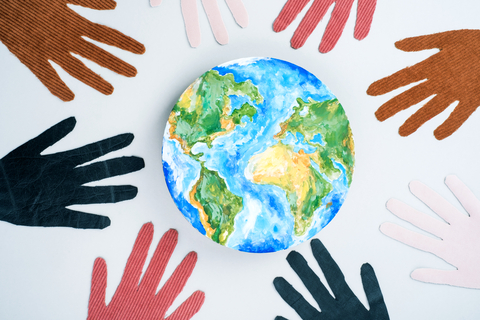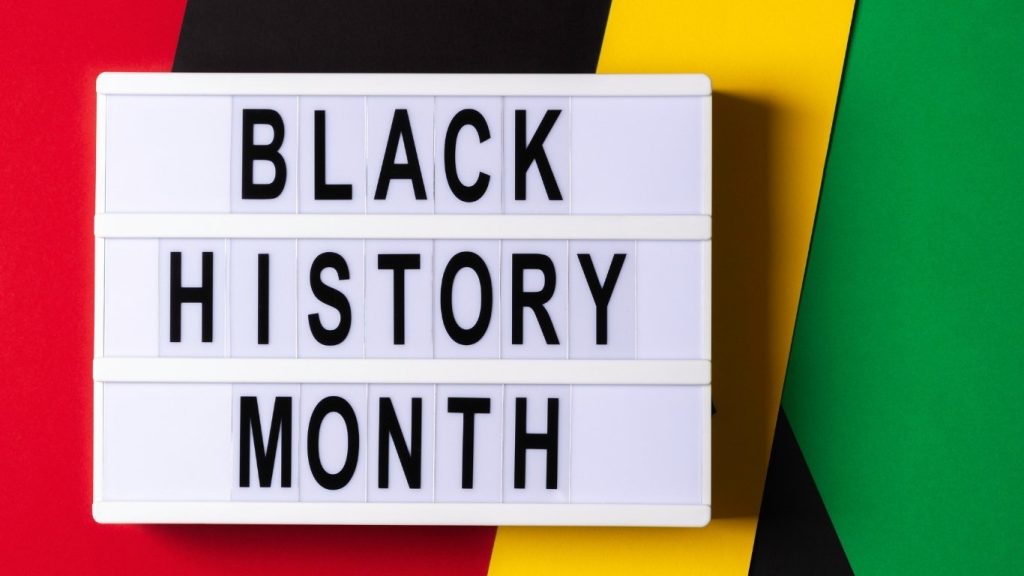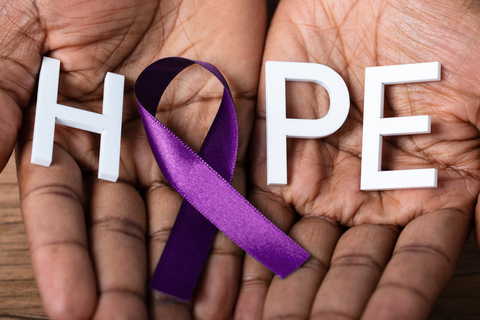
Understanding the Struggle
For many Black Americans, the journey to healing is met with unique barriers, deep-rooted stigma, and generational pain that makes reaching out for help feel impossible. Despite progress in awareness, many in the Black community continue to suffer in silence. Shaped by centuries of trauma and a cultural history that often prioritized strength and survival over vulnerability and self-care.
The Weight of Generational Trauma
Generational trauma refers to the emotional and psychological wounds passed down through families and communities as a result of oppression, violence, discrimination, and systemic racism. For Black Americans, this trauma traces back to the brutality of slavery, segregation, and ongoing racial injustices that persist today.
Those experiences didn’t just affect one generation—they created patterns of resilience mixed with fear, mistrust, and silence. Phrases like “we don’t talk about that” or “just pray on it” reflect cultural coping mechanisms born out of necessity when therapy wasn’t accessible or safe. As well as, punishment and denial riddle the community when it comes to mental health. Over time, these attitudes became ingrained, often discouraging open conversations about mental health.
The Barriers to Seeking Help
- Mistrust in the Medical System
From the Tuskegee Syphilis Study to ongoing racial disparities in healthcare, the Black community has a long history of being mistreated and neglected by the medical establishment. This history has created a deep mistrust that extends to mental health care as well. The fear that their pain won’t be understood—or worse, will be dismissed. - Lack of Culturally Competent Providers
Representation matters, especially when discussing deeply personal issues like trauma, identity, and discrimination. Yet only about 4% of psychologists in the U.S. are Black, leaving many without providers who understand their lived experiences or cultural background. This lack of diversity can lead to misdiagnosis, cultural insensitivity, and further alienation. - Stigma and the “Strong Black” Narrative
In many Black families, strength is seen as survival. Black women are often told to be the “Strong Black Woman,” carrying everyone else’s burdens. Black men are taught to suppress emotion as a sign of toughness. These cultural expectations, while rooted in resilience, can also silence cries for help and make vulnerability feel like weakness.
The New Generation: Rewriting the Narrative
Millennials and Gen Z Black Americans are speaking out about therapy, mental health, and self-care in ways that were once taboo. Social media platforms have become spaces of connection and healing, where creators and advocates openly discuss anxiety, depression, and trauma.
Campaigns like #BlackMentalHealthMatters and Therapy for Black Girls are creating representation, offering culturally competent care, and reminding people that healing is not a betrayal of strength—it’s a continuation of it.
Healing as a Form of Resistance
Breaking generational cycles isn’t easy. It takes courage to confront pain that’s been silenced for decades. But seeking therapy, talking about mental health, and allowing space for rest and recovery are powerful acts of resistance against systems that once denied Black people that humanity.
Healing is not weakness—it’s freedom.
And every Black person who chooses to prioritize their mental health is helping redefine what strength truly means for generations to come.
Trending Topics
Features
- Drive Toolkit
Download and distribute powerful vaccination QI resources for your community.
- Health Champions
Sign up now to support health equity and sustainable health outcomes in your community.
- Cancer Early Detection
MCED tests use a simple blood draw to screen for many kinds of cancer at once.
- PR
FYHN is a bridge connecting health information providers to BIPOC communities in a trusted environment.
- Medicare
Discover an honest look at our Medicare system.
- Alliance for Representative Clinical Trials
ARC was launched to create a network of community clinicians to diversify and bring clinical trials to communities of color and other communities that have been underrepresented.
- Reducing Patient Risk
The single most important purpose of our healthcare system is to reduce patient risk for an acute event.
- Jessica Wilson
- Jessica Wilson
- Subash Kafle

















